It seems the first of the three Star Wars prequel trilogy movies, The Phantom Menace, nearly had a very different ending, though, which would have had interesting implications for its reception. Per starwars.com, Star Wars concept and storyboard artist Iain McCaig explained:
“For a time, the older Jedi was named Obi-Wan, and the younger Jedi was named Qui-Gon. It was very poignant that at the end, as Obi-Wan dies and Qui-Gon defeats Darth Maul and stays with his Master as he passes away, he not only takes on his Master’s quest, but he takes on his name. Qui-Gon becomes Obi-Wan. That’s why when you see Alec Guinness in
A New Hope
, he puts his hood down and goes, ‘Obi-Wan? Now that’s a name I’ve not heard….’ Because he’s not Obi-Wan, he’s Qui-Gon. And right at the end, George changed it.”
This is a truly shocking twist that would have fundamentally changed Obi-Wan Kenobi and Qui-Gon Jinn's characters, which would have had major implications not only for the remainder of the prequel trilogy movies but also the past and future of Star Wars.
How TPM's Alternate Ending Would've Changed Star Wars
Given how significant Obi-Wan Kenobi has become in Star Wars movies and TV shows, it's difficult to even imagine this major change being made to his story. As McCaig indicates, at minimum, this would have shed a new light upon Obi-Wan's odd response to hearing his name in A New Hope. Star Wars has since gone to great lengths to explain that reaction, as recently as the Obi-Wan Kenobi show, which revealed that Obi-Wan went into isolation to train with his former master Qui-Gon Jinn (now a Force ghost) at the end of the show.
Related
Although the Jedi Council initially rejected Anakin from the Jedi Order, they changed their mind once Obi-Wan Kenobi was going to be his master.
This would also have been interesting given Obi-Wan adopts another new name on Tatooine: Ben Kenobi. Much more intriguingly, if The Phantom Menace had ended with apprentice Qui-Gon Jinn taking on his fallen master's name, it would have reinforced how extensively this turn of events reshaped Obi-Wan's destiny. Not only did the death of Obi-Wan's master mean he became the Jedi Master to Anakin Skywalker, but also, this ending would have meant that Obi-Wan became fully dedicated to carrying on his master's intentions and legacy.
Our Take On TPM's Alternate Ending
In the end, it's so much better that George Lucas changed this storyline in The Phantom Menace. While it's fascinating to think about in retrospect, at the time, this would have added a layer of complication that just wasn't necessary. Even without Obi-Wan adopting his fallen master's name, his dedication to his master was evident. For one, Obi-Wan ended up agreeing to train Anakin against his better judgment solely because it was his master's dying wish. In addition to that, it was clear that Obi-Wan never really lost sight of his master's memory or his training.
This ending would also have thrown the notion of attachment into question. Had Obi-Wan adopted the name of his fallen master, it would have suggested a level of attachment that would have been incongruent with the message of the prequels and with Obi-Wan's character. Ultimately, it's a good thing that Star Wars: Episode I - The Phantom Menace didn't keep this ending, but it's thrilling to imagine how it would have changed Star Wars nonetheless.
Source: starwars.com
The beginning of the Skywalker Saga, Star Wars: Episode I - The Phantom Menace sees young Anakin Skywalker put on his path to discovering his ability to influence the Force. While attempting to thwart the nefarious Trade Federation in their plans for the planet of Naboo, two Jedi discover an exceptionally-gifted slave with the ability to wield the Force. Little do they know, rescuing him is just the beginning of a saga that will span generations of the Skywalker family.
Release Date May 19, 1999
Distributor(s) 20th Century
Cast Ewan McGregor , Liam Neeson , Natalie Portman , Jake Lloyd , Ahmed Best , Ian McDiarmid , Anthony Daniels , Kenny Baker , Pernilla August , Frank Oz , Ray Park , Samuel L. Jackson Runtime 133 minutes
Budget $115 Million


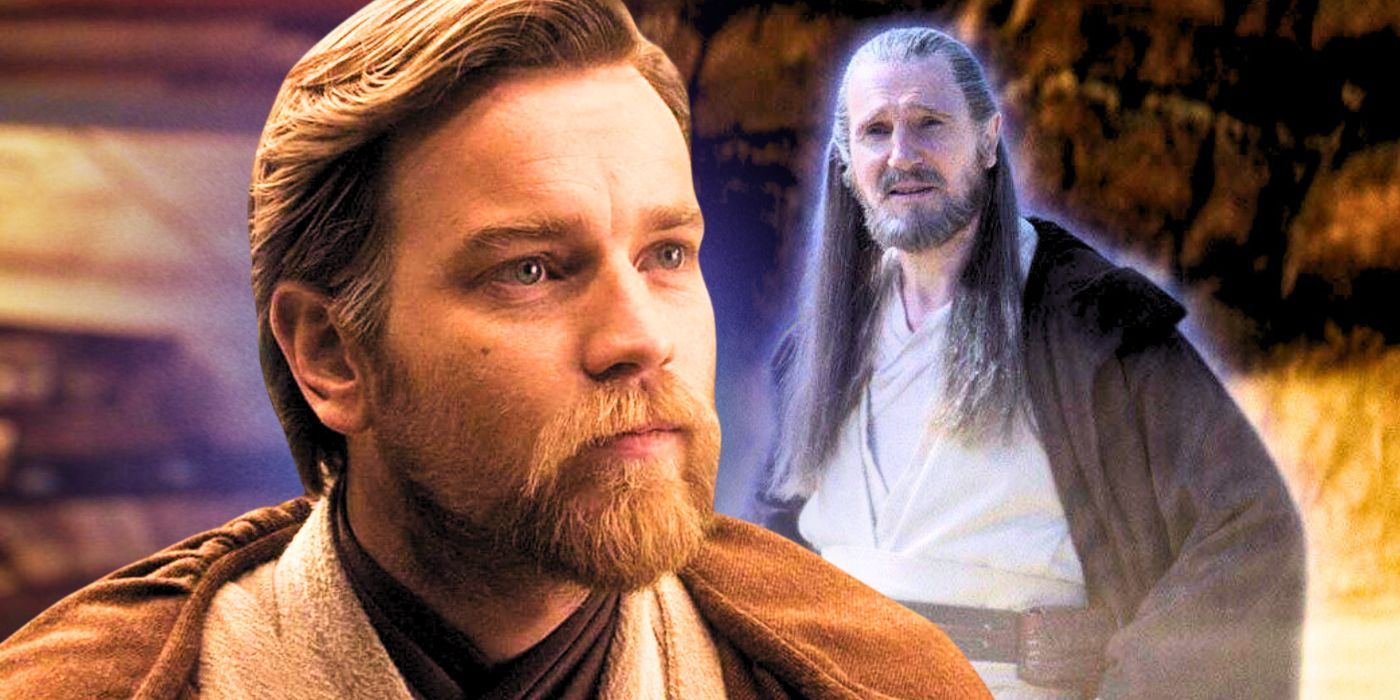
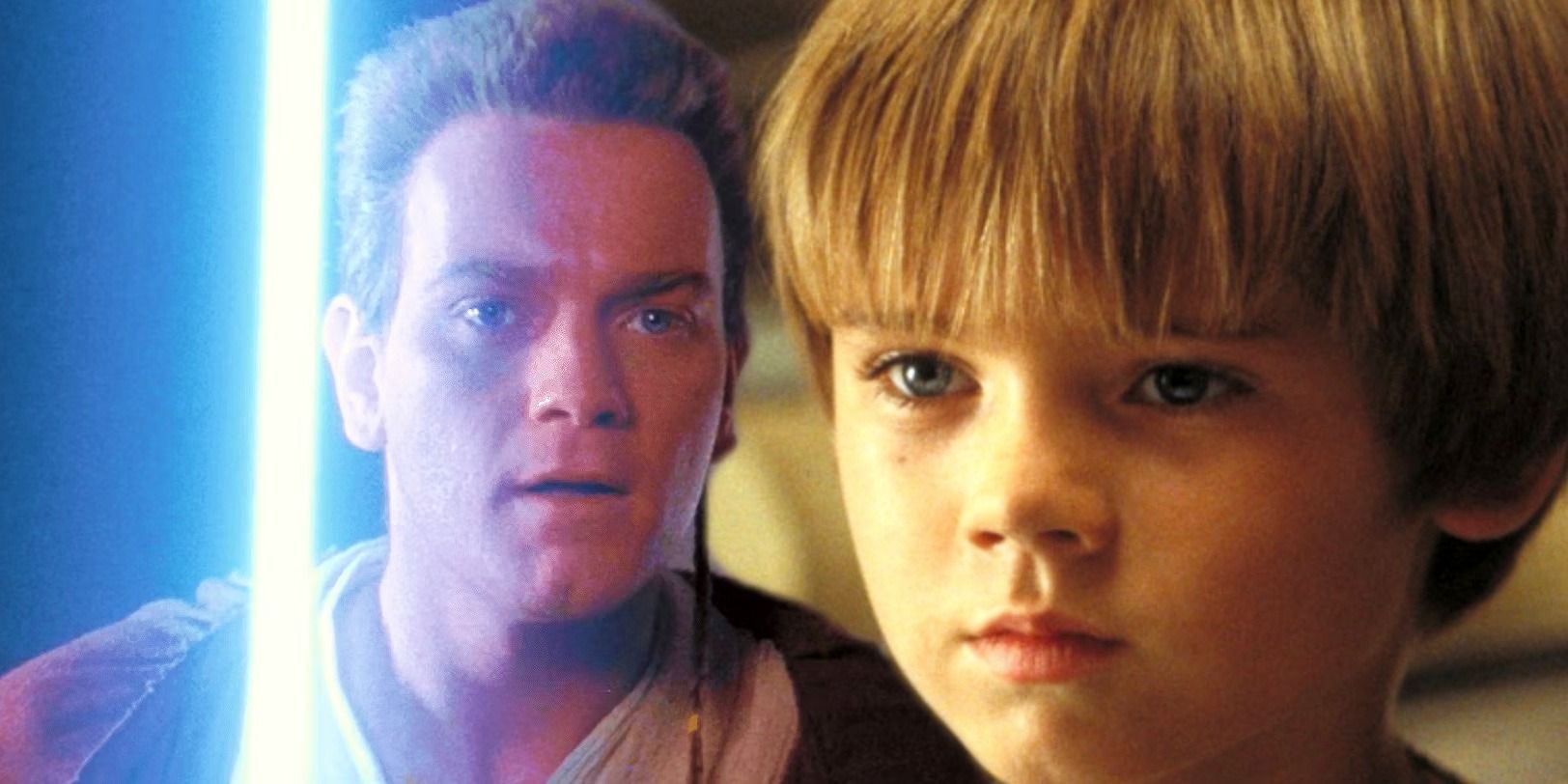
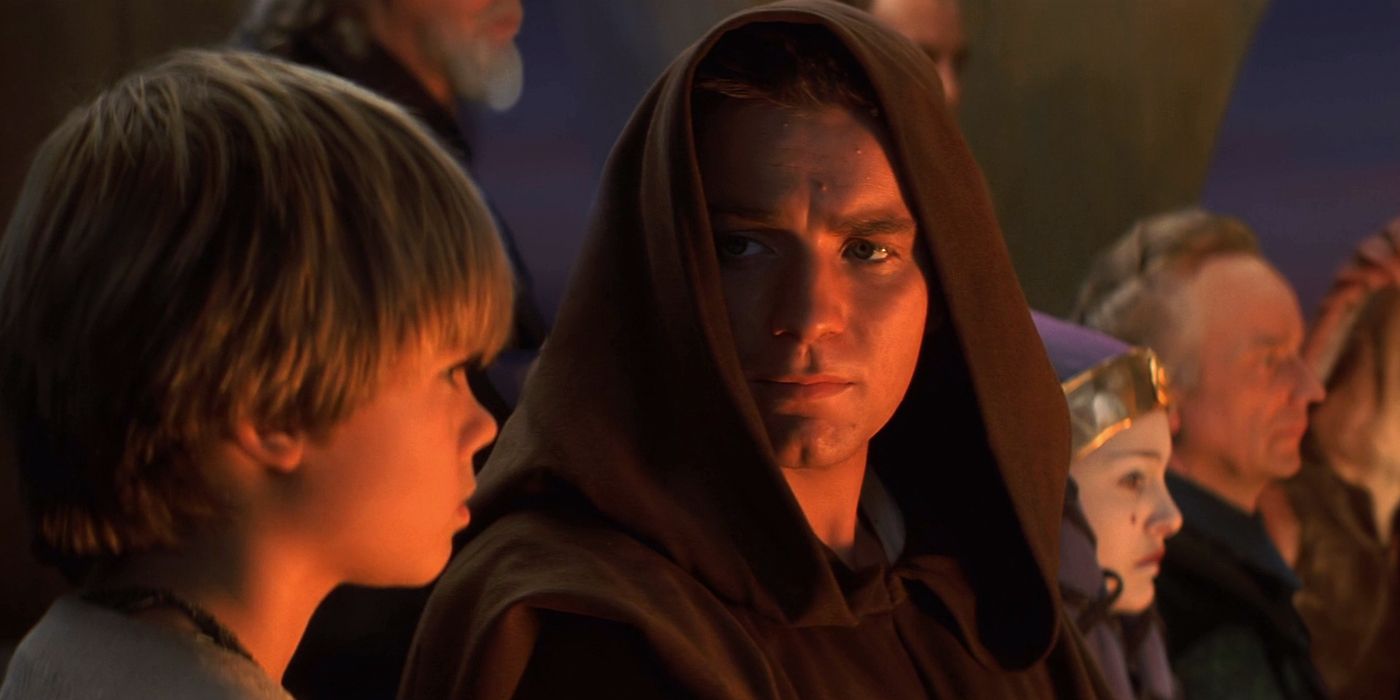
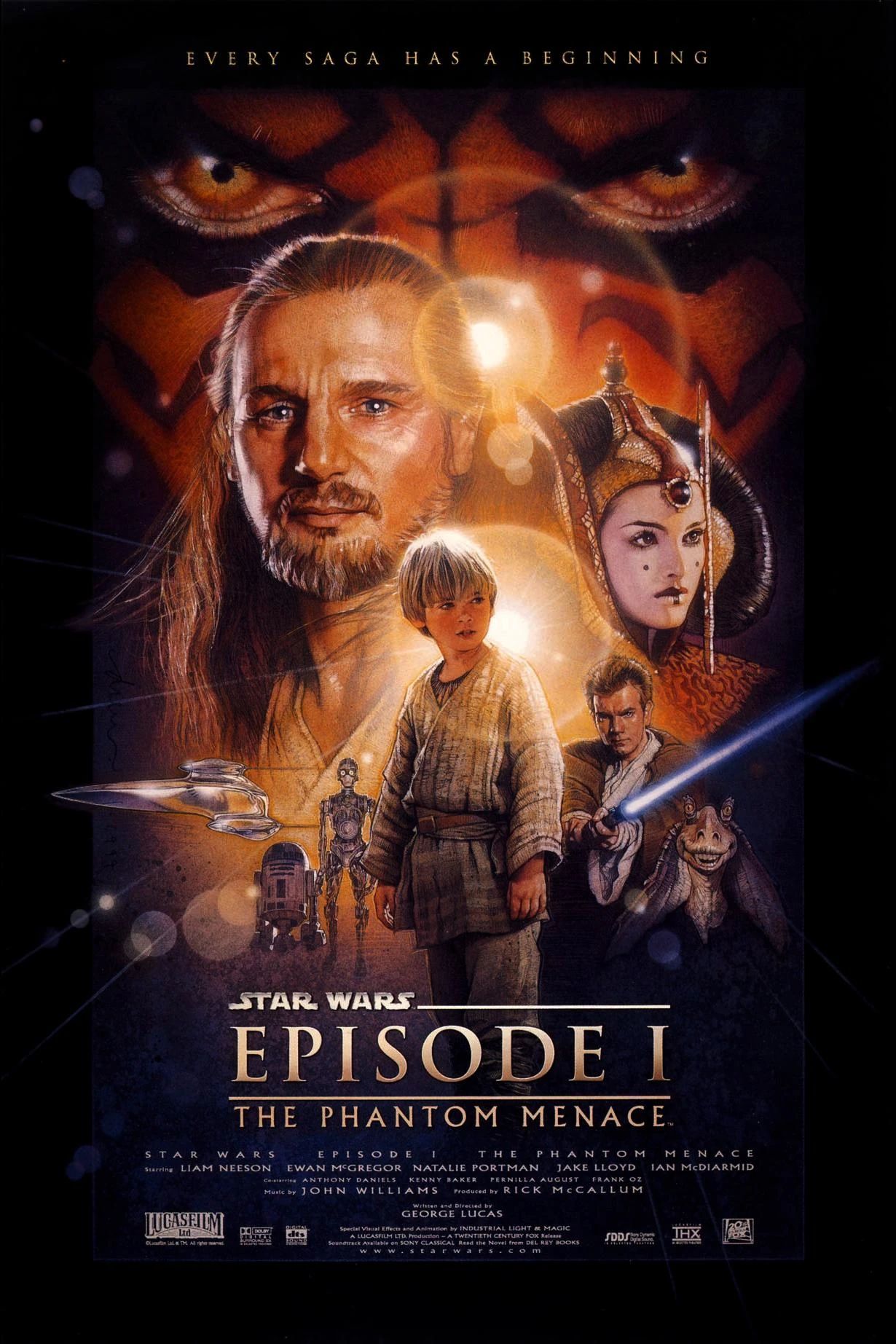

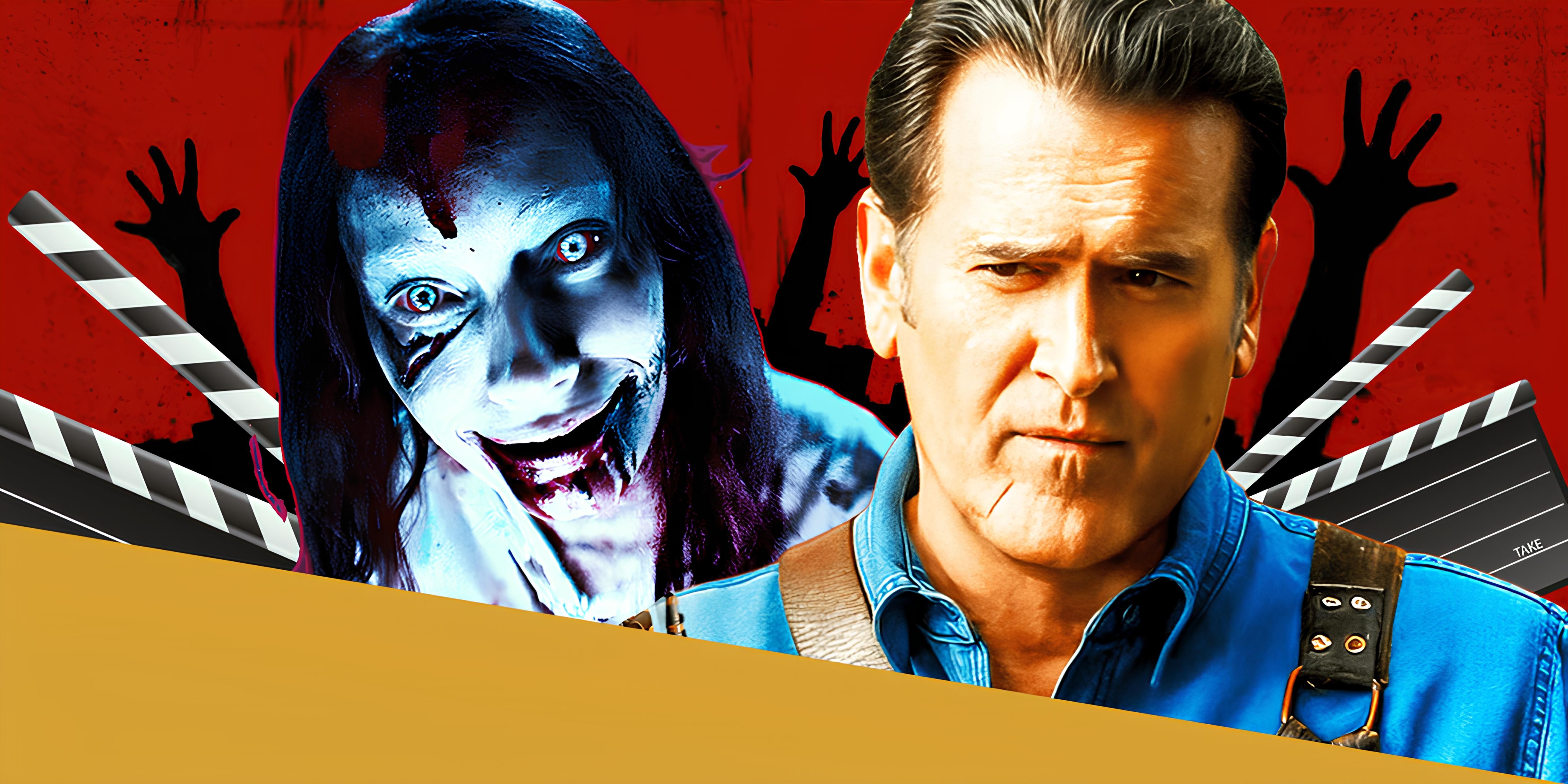
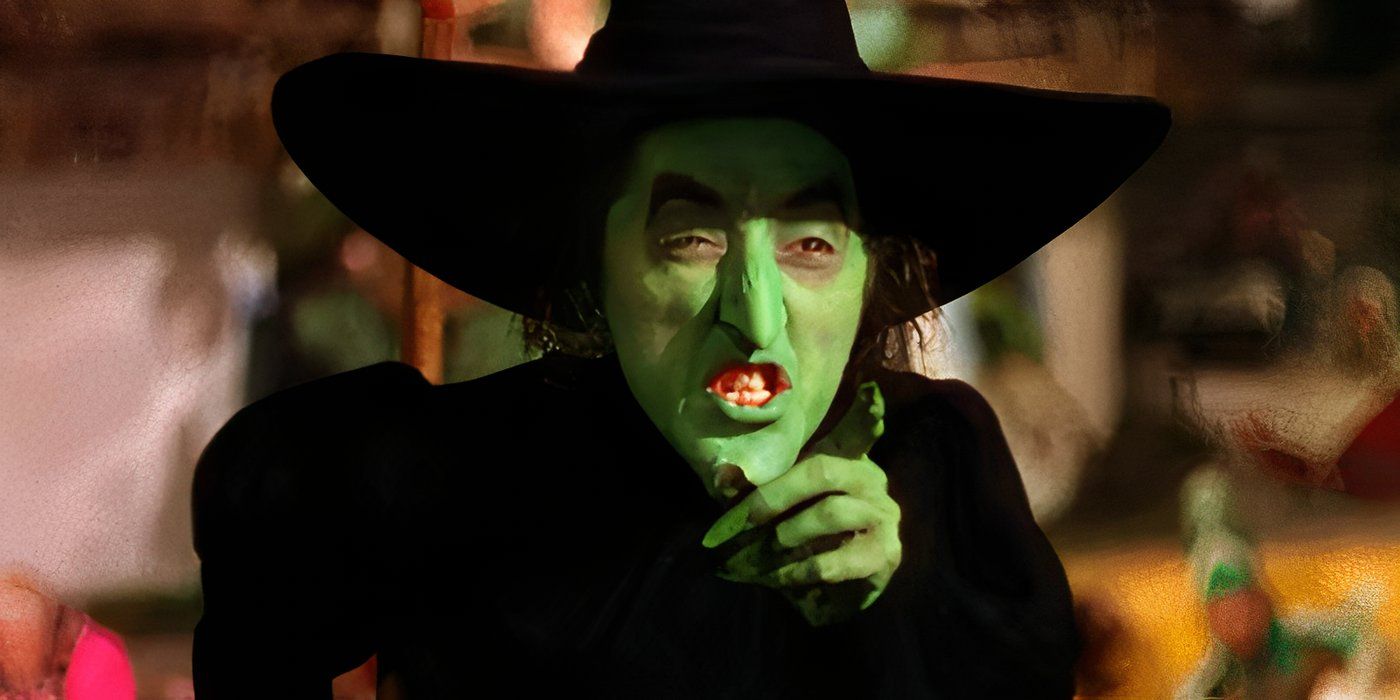





 English (US) ·
English (US) ·